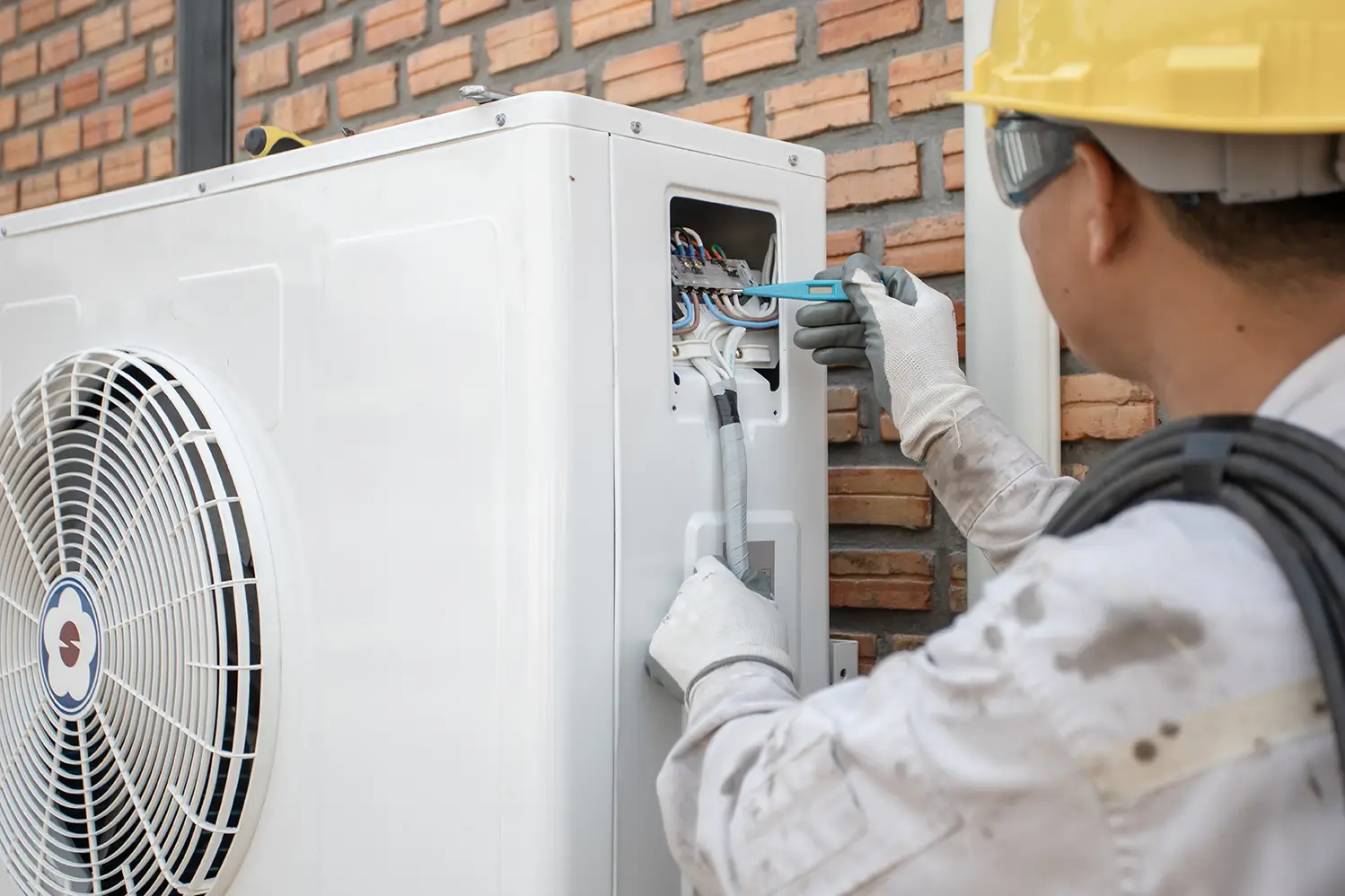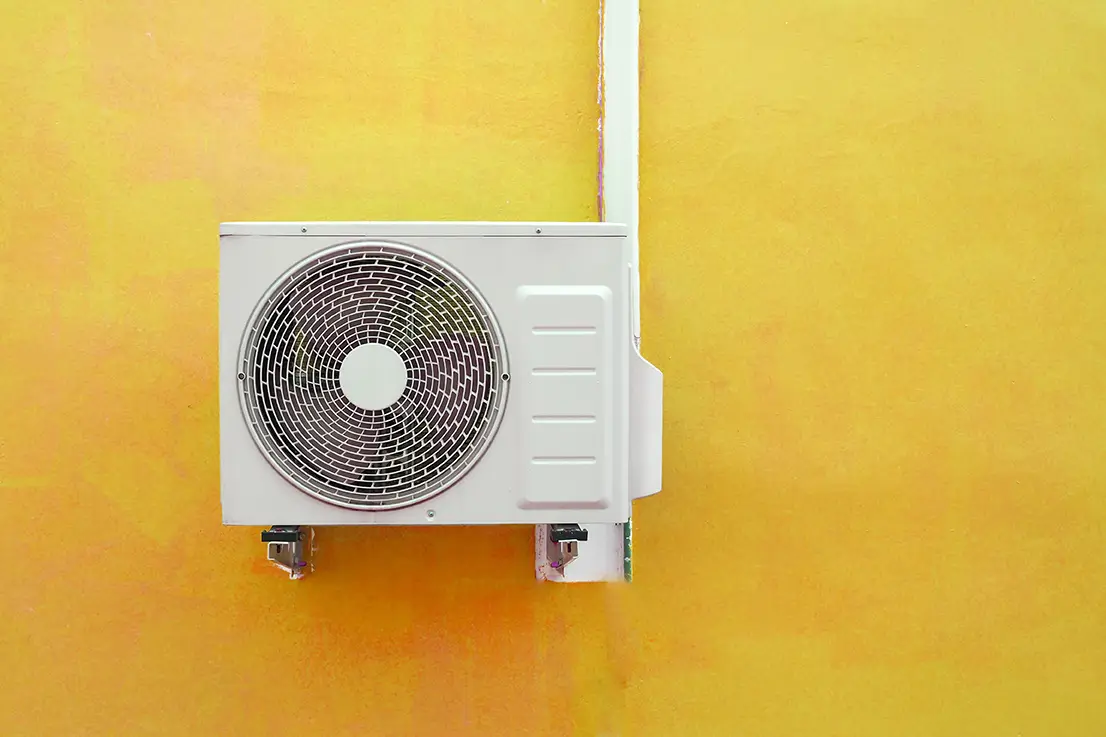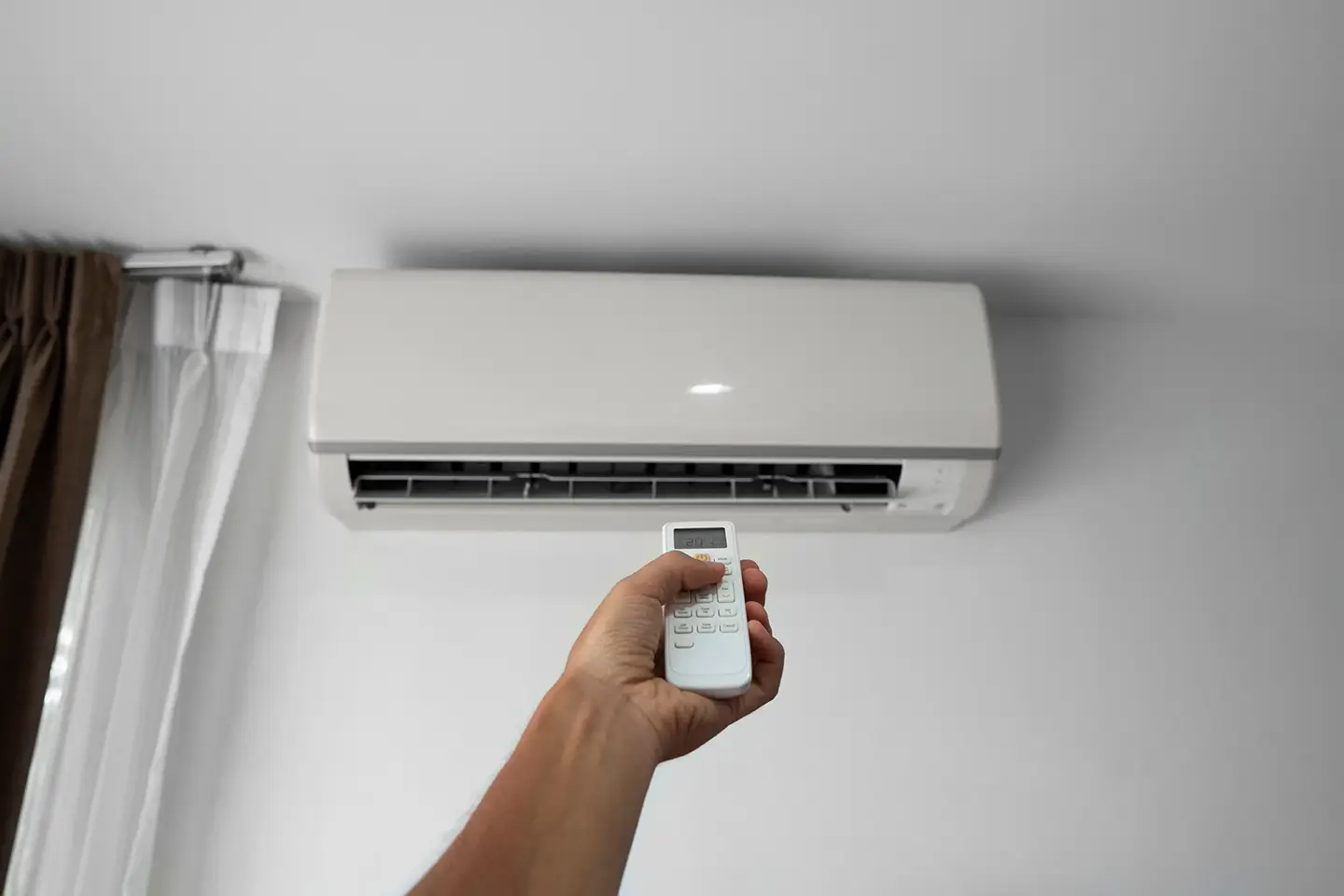A home energy audit is a thorough assessment of your home’s energy performance and efficiency and the first step in realizing the full energy and cost benefits of a ductless mini-split.
The Home Energy Audit Process
In some states, a home energy assessment is the required first step to qualify for rebates on a ductless heating and cooling heat pump or mini–split system. The purpose of an energy assessment is to ensure that homeowners actually realize the full energy and cost benefits of energy-efficient heating, cooling and other appliances. In general, an energy audit involves examining your home’s insulation, heating and cooling systems, lighting, appliances, windows, doors, and more. It often involves a blower test to measure how well the home is sealed. The energy audit may also assess the efficiency of your heating system, water heater and other appliances.
DIY or Professional Audits
The right approach depends on the objective. Where energy assessments are required as part of the mini-split rebate process, they are generally required to be performed by a certified technician. In these cases, their cost may well be covered by a state’s energy agency, such as MassSave.
Save Money, Save the Planet.
In addition to cost savings, home energy audits contribute to environmental conservation. By reducing energy waste and minimizing your carbon footprint, you’re actively participating in a more sustainable lifestyle.
A home energy audit is a valuable investment that can pay for itself over time by identifying energy inefficiencies and providing a roadmap for cost-effective improvements. It empowers homeowners to make informed decisions about energy-saving upgrades, resulting in reduced utility bills and a more comfortable living environment.
Contact us to learn more about slashing energy costs with clean, efficient ductless heating & cooling from the mini-split specialists at RYCOR.





